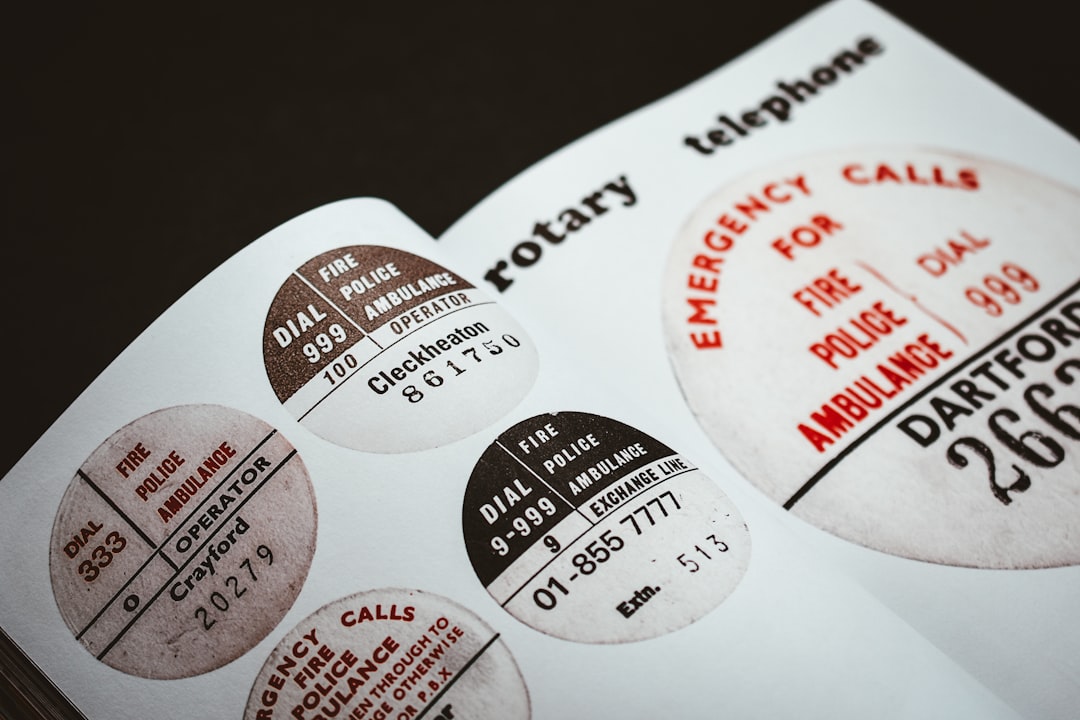
Government Overreach Threatens Free Enterprise and Economic Freedom
In a world where innovation and entrepreneurship should thrive, we find ourselves grappling with a formidable foe: government overreach. The notion that a bureaucratic behemoth can dictate the terms of our economic freedom is not just an inconvenience; it’s a direct assault on the very principles that underpin free enterprise. As we dissect this issue, it becomes apparent that the implications of excessive government control extend far beyond mere inconvenience—they threaten the very fabric of our economic future.
The Rise of Regulatory Overreach
Let’s take a moment to appreciate the marvel that is capitalism. It’s a system that, when left to its own devices, produces remarkable outcomes. Innovation flourishes, competition thrives, and consumers benefit from diverse options. Yet, the World Economic Forum (WEF) and its globalist agenda have seemingly made it their mission to stifle this natural order. With a flick of a pen, government officials enact regulations that suffocate small businesses and stifle growth.
Consider the countless small enterprises that have been crushed under the weight of compliance costs. According to the Small Business Administration, small businesses face an average of $12,000 in regulatory costs per employee. For many, this is a death knell, particularly when larger corporations can absorb such costs more easily. The result? A homogenized market where only the well-connected survive.
The Illusion of Protection
Proponents of government intervention often argue that regulations protect consumers and the environment. While some oversight is undoubtedly necessary, the reality is that excessive regulation often achieves the opposite effect. The Consumer Product Safety Commission, for instance, was established to keep unsafe products off the market. However, the litany of regulations it created has made it increasingly difficult for startups to introduce innovative products.
Imagine a brilliant inventor with a groundbreaking idea that could revolutionize an industry. Now imagine that same inventor drowning in a sea of paperwork and compliance checks, ultimately abandoning their dream. This is not just a hypothetical scenario; it’s a daily reality for many aspiring entrepreneurs.
The Consequences of Economic Control
Take a look at the energy sector. In an age where sustainable alternatives are gaining traction, government overreach has led to a stifling of innovation. By imposing stringent regulations and subsidies on certain energy sources, the government distorts the market, favoring some technologies over others. This not only hampers competition but also keeps prices artificially high for consumers.
Real-world examples abound. Consider the impact of the Renewable Fuel Standard. Intended to promote biofuels, it has instead created a host of unintended consequences, including increased food prices and economic strain on farmers. The government’s heavy hand has led to the very opposite of its intended goal, proving that when bureaucracy meddles in the market, everyone suffers.
Counterarguments: The Case for Regulation
Of course, it’s crucial to acknowledge that not all regulations are inherently bad. The 2008 financial crisis serves as a stark reminder of what happens when oversight is lax. However, the solution lies in finding a balance—not in dousing the entrepreneurial spirit with an avalanche of red tape.
The argument for sensible regulation is not without merit. However, it must be made clear that the key lies in striking a balance between safeguarding public interests and fostering an environment conducive to economic growth. Too often, this balance tips dangerously toward overreach, resulting in diminished economic freedom for all.
The Path Forward
As we look to the future, we must advocate for policies that prioritize free enterprise over government control. This means reducing regulatory burdens, simplifying compliance processes, and allowing the market to dictate innovation and competition. The government should serve as a facilitator of growth, not a roadblock.
In conclusion, government overreach is not just a bureaucratic nuisance; it’s a direct threat to free enterprise and economic freedom. The WEF and its globalist agenda may peddle the idea that more regulation equals more protection, but the reality is that it stifles innovation and growth. It’s time for us to demand a return to a system that champions individual entrepreneurship and economic liberty. Let’s hold our leaders accountable and ensure that the spirit of free enterprise is not extinguished under the weight of government control.
In the end, the future of our economy depends on our ability to resist the siren call of overreaching regulations and to advocate for a system that empowers individuals rather than shackles them. The choice is clear: we must choose freedom over control.
Tags: opinion, editorial, current events, government overreach, free enterprise, economic freedom


